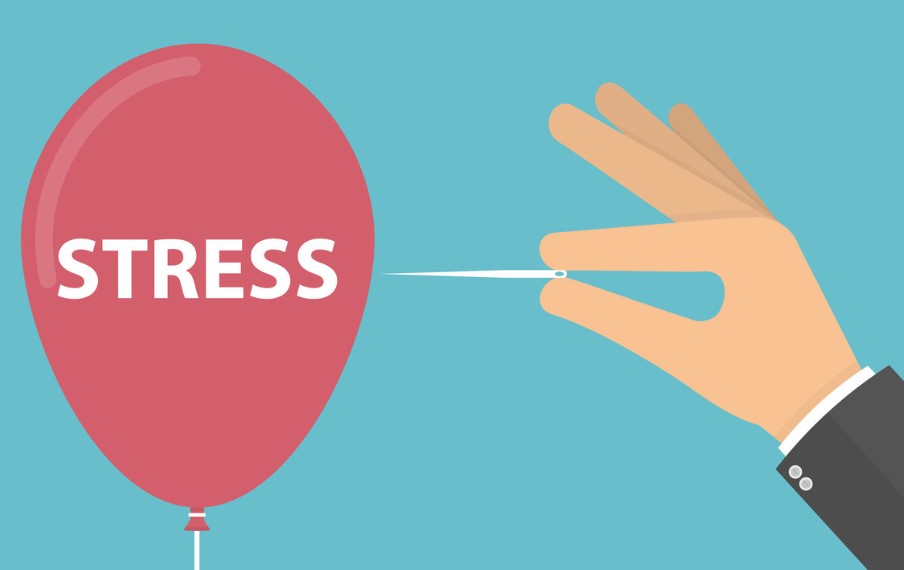
“Stress is something that you cannot get rid of very easily”
People strongly feel that “Unless you don’t find new means to challenge the mind, it will only cease to function beyond its existing abilities”. On the other hand, it is a known fact that stress is the cause of many human disorders. Here is a look at how stress affects a person and brings turmoil to the entire family.
Symptoms and Causes
Some of the common symptoms of stress include:
- The pulse rate quickens
- Faster breathing
- Body tension
These are the primal responses of the body to any kind of stress. In the past, humans survived physical attacks from animals and fellow human beings. Now people have to endure the onslaught of work-induced pressure.
People suffer from persistent headaches, sleeping disorders, and are irritable most of the times. This constant state of stress also reduces the immunity of the human body to fight diseases.
Research reveals that the cause of such stressful conditions arises mainly due to the pressure of work amongst adults and educational learning among children. Younger adolescents complaining of stress is on the rise.
Hence, you should not ignore these signs when someone complains of persistent symptoms. Chronic stress may also lead a person to lose interest in life that would have severe consequences that could lead to suicidal tendencies.
What causes different types of stress?
Many causes may induce stress in a person. Any life-changing event like a death in the family, loss of a job, financial loss, relocation to a new city, injury or illness, etc. may lead to severe stress. Emotional reasons like depression, anger and guilt may also lead the person to feel the symptoms of stress.
Different Types of Stress:
- Acute stress may happen due to a sudden disconcerting event.
- Episodic events of importance may occur due to the recurrence of some depressing events.
- The most severe type of stress is a chronic one. This happens when a person suffers from many episodes of anxiety and their life goes through too much turmoil.
Constant anxiety is bad for your health. The medical fraternity recommends that people suffering from stress must opt for professional treatment.
- The first line of treatment for stress is, of course, to relax your mind and body. You cannot control every situation and try not to keep emotions bottled up. You do not have to shout or be angry. Rather, share your thoughts and issues with others. Let go of negative feelings and disappointments.
- Deep breathing will help the muscles to relax. The mind will also calm down when you use meditation and breathing techniques. This is a proven and highly recommended technique.
- Try to turn your back against a stressful situation. Go out and get some fresh air. It will allow you to think clearly. Exercise is an excellent way to boost the hormones that will help you feel happier. Regular exercise will also help the body organs and heart to remain healthier. This will, in turn, prepare the body and mind to face stressful situations with ease.
- Caffeine, nicotine and other stimulants change the rhythm of the body. You may feel it helps to cope with stressful situations. However, it may have some negative impact on the body organs, the hormonal system, and your overall health. That is, the next time you encounter a stressful situation, your body will ask for more powerful stimulants. Learn to control pressure without any outside influence and calm the mind and reduce the tension.
- Try to control negative thoughts, although this is difficult. You can think more positively and try to find solutions. Allow the ideas to come and go and then focus on a given situation and find the best possible solution to any problem.
- Help others. This may also bring you some joy as you will feel better about yourself. This will also help to keep your mind active and occupied. Volunteering work and being useful to society allows people to feel better about themselves.
Everyone can be stressed in his/her day-to-day life and the vital element is to get over the negative impacts of pressure and learn to be positive in the face of adversity.
